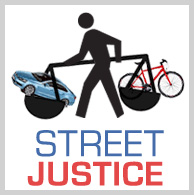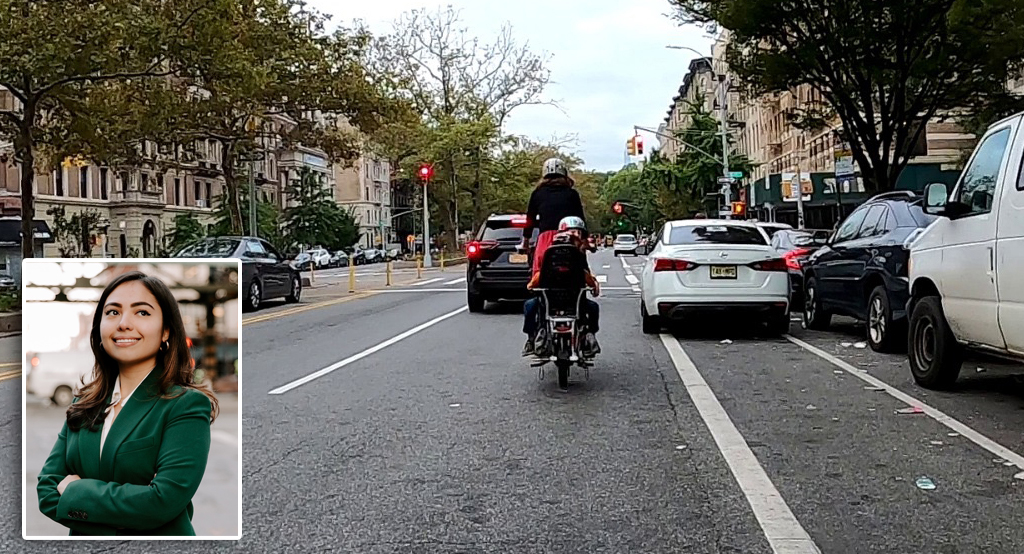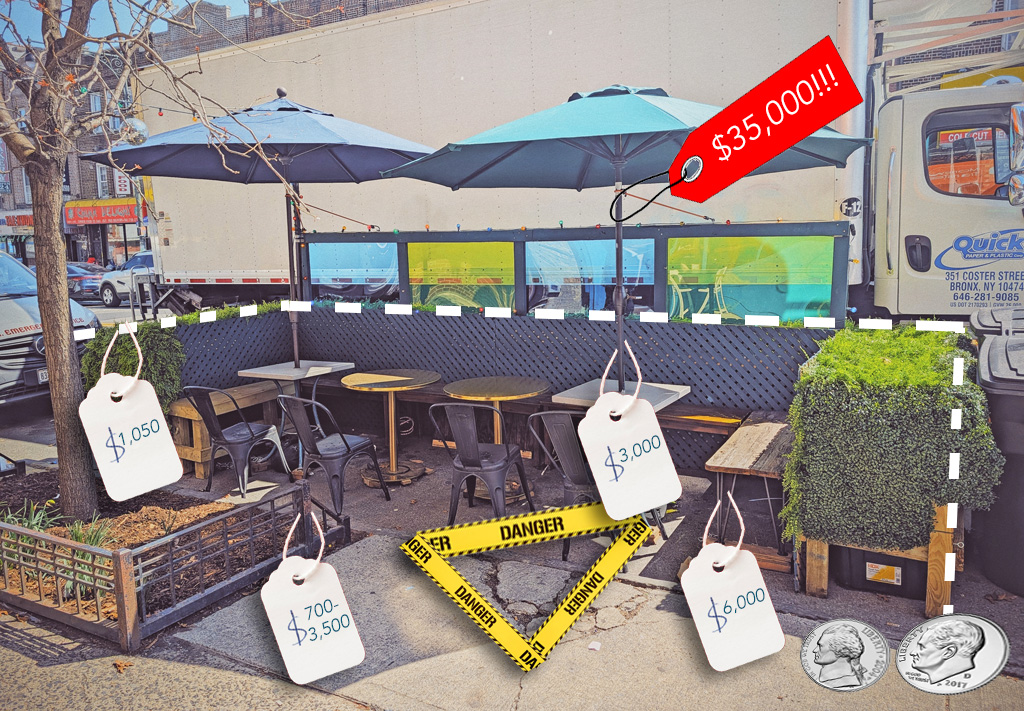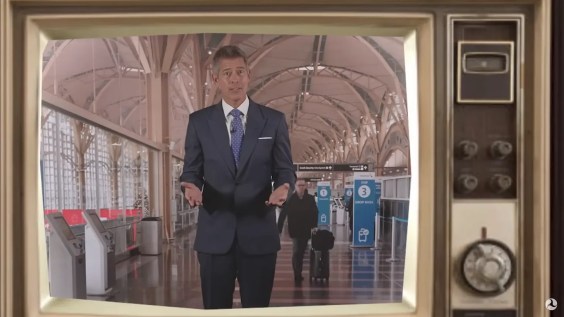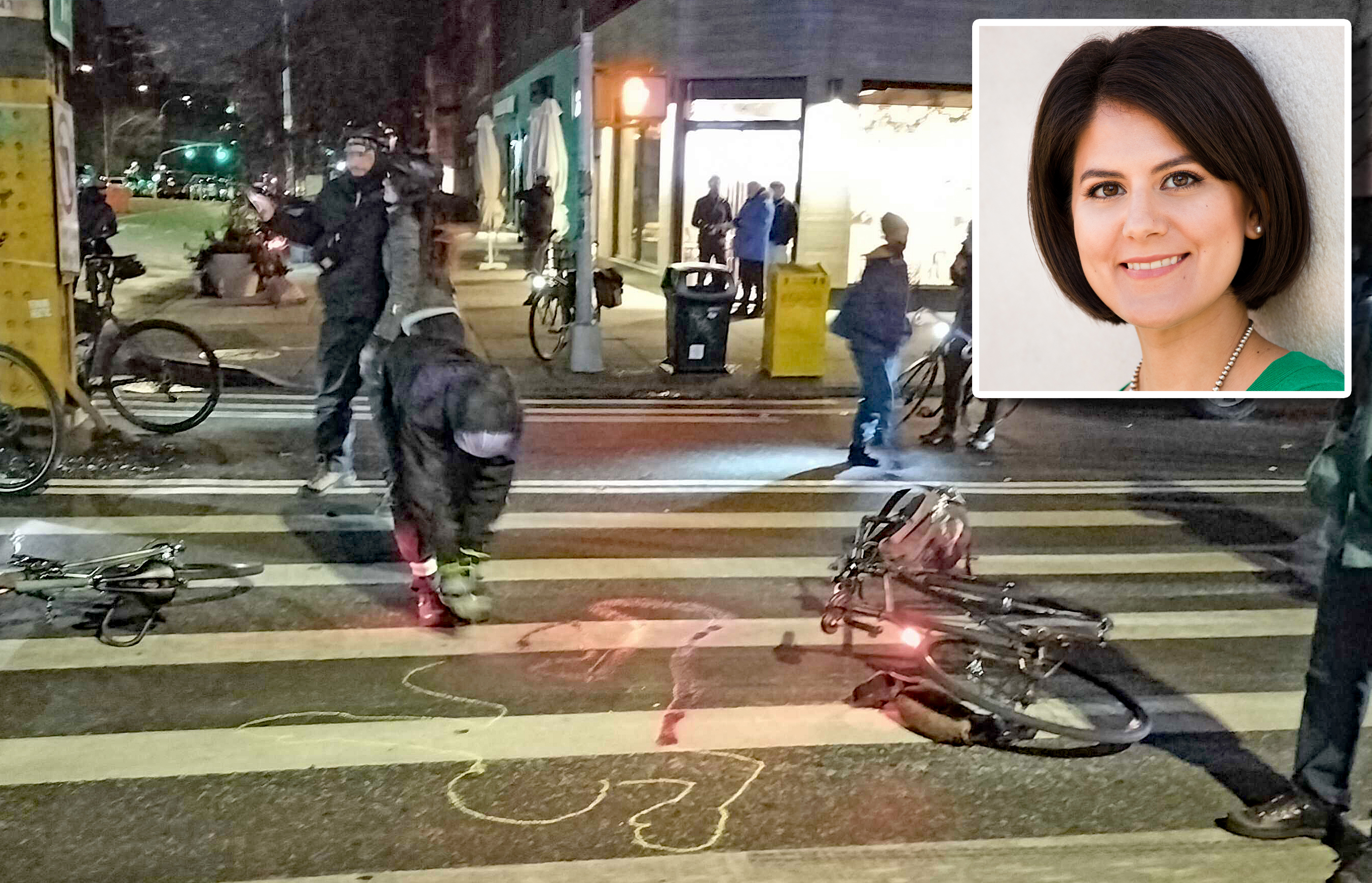This is part of a series of posts on the workings of the New York State Department of Motor Vehicles, its role in deterring or facilitating traffic violence, and agency reforms that could make streets and roads safer.
Crash victims and their families have learned to expect little from New York City's police and district attorneys, most of whom reflexively “suspect no criminality” in a traffic crash unless the driver was drunk, unlicensed, or fled the scene. Even the minimal penalty of a traffic ticket issued to a reckless driver who injures or kills often doesn’t stick. When this happens, what option is left, other than a civil trial, to penalize dangerous driving? In the state of New York, the mechanism is supposed to be a DMV "safety hearing," which could result in a driver’s license being suspended or revoked.
But the safety hearing system does not fulfill this function. One of the key reasons is that safety hearings are held in too few cases. Following the revelation that traffic tickets issued to Ahmad Abu-Zayedeh for killing Allison Liao had been dismissed, DMV claimed that "whenever a fatal accident occurs," it holds a safety hearing:
Mr. Abu-Zayedeha was found not guilty and those tickets were dismissed on July 1, 2014... However, whenever a fatal accident occurs anywhere in the state, the DMV schedules a special safety hearing. That hearing for Mr. Abu-Zayedeha has been set for January 6.
DMV’s claim is false. In fact, DMV picks and chooses which crashes will result in a safety hearing. Even in fatal crashes, where there is substantial evidence of driver recklessness, DMV may not hold a hearing.
For example, teacher Rasha Shamoon was fatally injured by an SUV driver while bicycling. Although the 21-year-old driver had been convicted of five moving violations during a short period of time prior to the crash, police blamed Shamoon based on the driver's version of events. Shamoon’s family demanded that the DMV hold a safety hearing to review the driver’s license, but the DMV refused to do so, stating:
So as to conserve hearing resources, all fatal accident cases are screened by a highway safety analysis... According to the police accident report, this tragic accident was attributed to bicyclist error/confusion and disregard of a traffic control.
Remarkably, after a civil trial conducted by my law practice colleague Adam White, a jury unanimously found the driver who killed Shamoon 90 percent at fault for the crash. At trial, White presented critical evidence overlooked by NYPD, including an admission by a passenger in the driver’s vehicle that the driver had been speeding at 40 to 45 miles per hour, and had not kept a lookout for Shamoon. NYPD had failed to interview witnesses other than the driver or gather other evidence, and on this basis had simply blamed the victim.
The DMV’s approach of simply relying on the police report ensures that DMV will not provide any additional layer of investigation or review beyond that provided by police. Given that many police officers believe that their role is only to investigate "criminality," and not fault, DMV's reliance on police reports means the agency will often fail to conduct safety hearings when it should.
DMV's own rules provide that a safety hearing, if one is going to be held at all, must be held within a year of a fatal crash. But victims' families in numerous fatal crashes that happened more than a year ago are still waiting for a safety hearing, including the families of Mathieu Lefevre, Ryo Oyamada, and others. It appears that the only reason a safety hearing has now been scheduled to take place in the Liao case -- fifteen months after Allison Liao was killed -- is because of public outrage against the DMV for the dismissal of the tickets issued to the driver.
DMV should expand the safety hearing program to all fatal and serious injury crashes, as advocates have proposed. Until then, the agency should make public its determinations whether to hold safety hearings in particular cases, so that families are not left wondering what, if any, action may be taken.
Steve Vaccaro is an attorney with the Law Office of Vaccaro & White.
